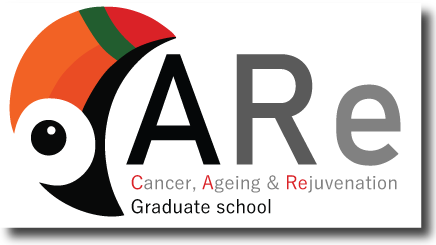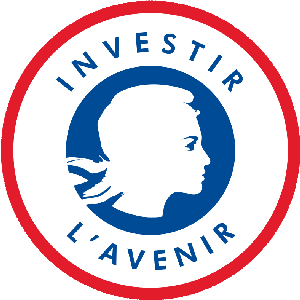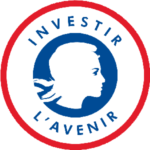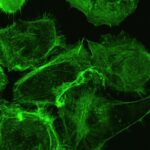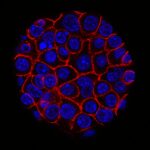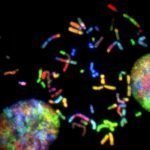PhD proposal
PhD Director: Kerstin Bystricky – Molecular, Cellular & Developmental biology unit: MCD- Center for Integrative Biology: CBI, Toulouse
PhD CO-SUPERVISOR: Anabelle Decottignies – Catholic University of Louvain, Brussels
The position of nuclear chromatin domains in human cells impacts genome stability and gene regulation. The nuclear envelope (NE), which defines nuclear volume boundaries, is a keyplayer in organizing nuclear architecture as nuclear lamina protein scaffold, at its inner side, associates with large chromatin domains. During postmitotic nuclear assembly, physical connections occur between the NE and about 40 to 50% of telomeres, the chromosome ends. While suggesting a novel role for telomeres in nuclear organization, the functional significanceof this anchoring remains to be unraveled.
This proposal first intends to reveal the interplay between chromosome and telomere organization during postmitotic nuclear assembly. Interactions between telomeres and NE also likely regulate heterochromatin formation/maintenance. In telomerase-negative cancer cells that undergo recombinationmediated alternative lengthening of telomeres (ALT), telomeric heterochromatin is dysregulated.
Here, we will test the hypothesis that telomere-NE interaction may be disrupted in ALT cells to facilitate unwanted recombination events between telomeric repeats. To do this, a large panel of telomerase-expressing or ALT cancer cell lines will be used to characterize telomere-NE attachment and its impact on telomere maintenance.
Live cell imaging will be employed to investigate the kinetics of events. Artificial tethering and/or depletion of proteins involved in telomere tethering will be instrumental to characterize the functional significance of this interaction.
The strength of this proposal comes from a combination of strategies (advanced microscopy,
MadID proximity labeling, modeling) and the complementary expertise of both host
laboratories (Bystricky/Crabbe lab in chromatin organization and dynamics, Decottignies in
ALT telomere maintenance in cancer).
Key words: cancer, genome organisation, modelling
